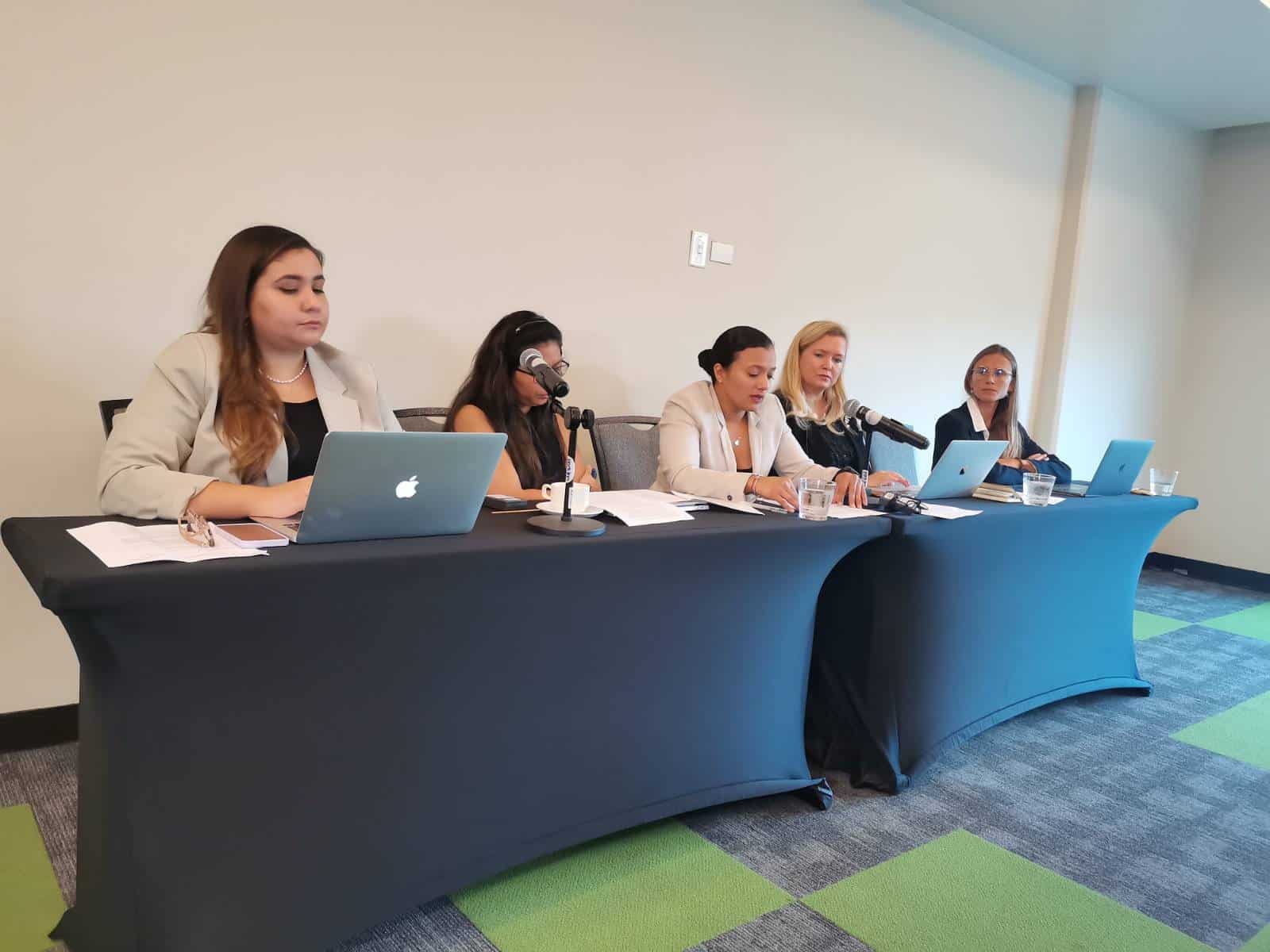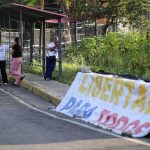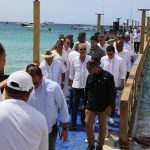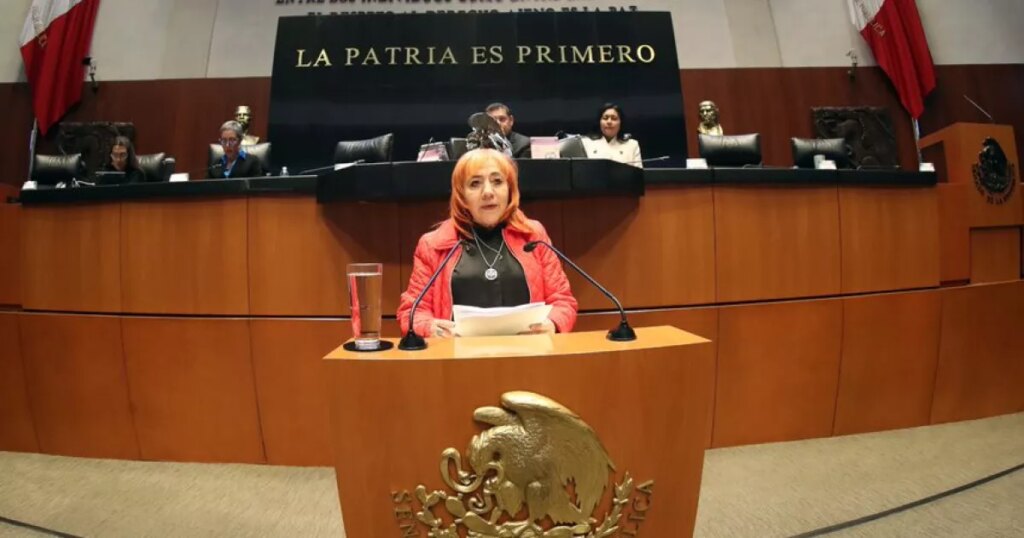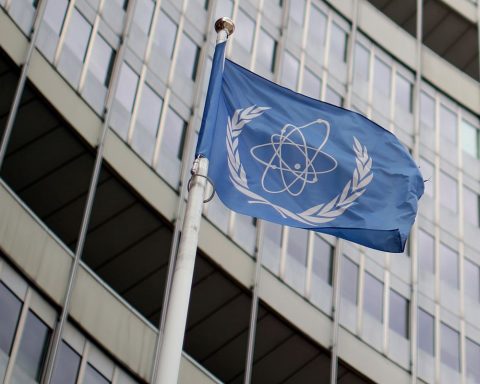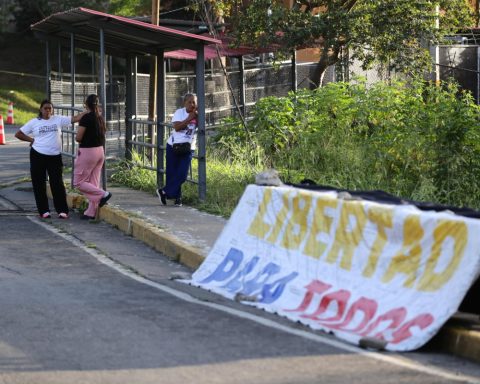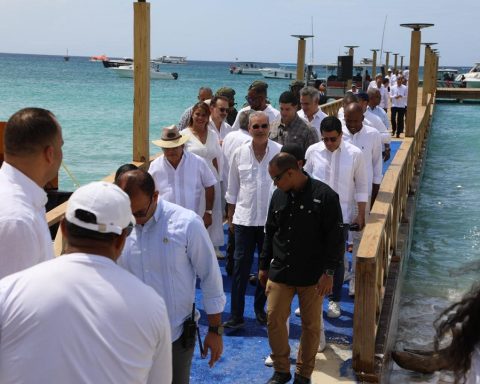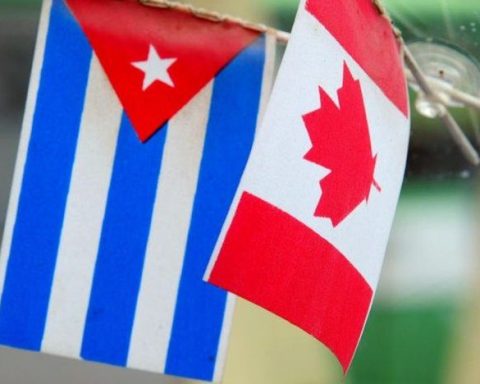The vice president of the Human Rights Committee of the United Nations Organization (UN), Vasilka Sancin, regretted that the State of Nicaragua continues to fail to comply with the recommendations made by that UN body and that in its periodic report, presented seven years late, it has not responded to the list of issues approved on November 29, 2019, nor has it participated in the dialogue with the Committee.
During a visit to San José, Costa Rica, the senior UN official stressed that the Committee notes with concern the lack of response from the State to issues such as the fight against corruption, the fight against impunity and past violations of human rights. rights, the fight against terrorism, violence against women, the voluntary interruption of pregnancy and sexual and reproductive rights.
The State also continues without responding to issues such as the prohibition of torture and other cruel, inhuman or degrading treatment; the treatment of persons deprived of liberty, the independence of the judiciary and the right to a fair trial, freedom of expression and association and the right to privacy, the use of force in the context of demonstrationsfreedom of expression and violence against human rights defenders and the rights of indigenous peoples.
The Committee “has urged the public defenders of Nicaragua to request the immediate release of the people detained as a result of the sociopolitical crisis and those arrested in the electoral context,” Sancin said during a press conference on the follow-up to the Committee’s recommendations. Organized by the Race and Equality Institute.
Lack of interest from the state
The coordinator of the Legal Defense Unit (UDJ), Alexandra Salazar, warned that the State of Nicaragua instead of guaranteeing the correct application of the International Covenant on Civil and Political Rights has “instrumentalized the national legal system and other norms to violate the rights of citizens in general and guarantee the repression and criminalization of those who oppose him or dare to disagree with the political will of the party”. Therefore, he assessed, the State of Nicaragua is not interested in responding to the Committee’s recommendations.
“As stipulated in the observations, Nicaragua despite having promulgated a Family Code that stipulates the obligation to prevent, punish and eradicate violence… There has been no significant progress to guarantee security, justice and access to development for women and girls” Salazar warned. In recent years, “three major reforms” to the Comprehensive Law Against Violence against Women were also approved, which “have left women and girls victims of violence more vulnerable,” she said.
On the other hand, despite the promulgation in 2011 of the Law on Execution, Benefits and Jurisdiction Control of Criminal Sanctions “we see an absolute non-compliance with it regarding the treatment of political prisoners. On the contrary, we are facing a serious deterioration in the health of the political prisoners who are in the different detention centers for men and women,” said Salazar.
For her part, the coordinator of the Nicaragua Never+ Human Rights Collective, Wendy Flores, highlighted that the Committee’s recommendations “reflect the reality of our country” and emphasized that the international obligations of the State of Nicaragua “go beyond having internal legislation ”, since this must be adjusted to the International Covenant on Civil and Political Rights.
“There are enormous setbacks in terms of the rights of indigenous peoples and the Committee insists that all these violent crimes that have been committed in the communities and that have claimed lives in indigenous communities, but above all that have displaced them from their territory, be investigated. ”, stressed Flores.
New report in 2025
Last November, the Human Rights Committee issued new recommendations to the State of Nicaragua, to which this country must respond on November 4, 2025, in accordance with article 75, paragraph 1, of the Committee’s regulations. The information provided by the State party must contain details on the application of the recommendations referring to the constitutional and legal framework of the application of the Covenant, the right to a fair trial and participation in public affairs.
In accordance with the foreseeable schedule for the Committee’s reporting, Nicaragua will receive the list of issues prior to reporting from the Committee in 2028 and is expected to submit its responses to the list of issues within a year, which will constitute its fifth periodic report.
“The Committee also requests the State party to broadly consult civil society and non-governmental organizations active in the country when preparing the report,” reads the text of the recommendations. The next constructive dialogue with Nicaragua will take place in 2030 in Geneva.
